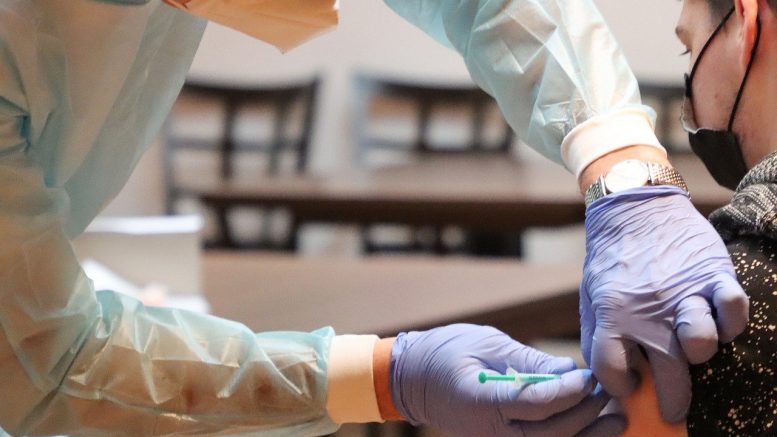On January 4th, commissioner of food and drugs – Food and Drug Administration Stephen M. Hahn M.D., and director – center for biologics evaluation and research (CBER) Peter Marks M.D., PhD did a statement on following the authorized dosing schedules for COVID-19 vaccines.
“Two different mRNA vaccines have now shown remarkable effectiveness of about 95% in preventing COVID-19 infection in adults. As the first round of vaccine recipients become eligible to receive their second dose, we want to remind the public about the importance of receiving COVID-19 vaccines according to how they’ve been authorized by the FDA in order to safely receive the level of protection observed in the large randomized trials supporting their effectiveness,” – was reported in the article.
The Discussion
At now there are many discussions and news reports about reducing the number of doses, extending the length of time between doses, changing the dose (half-dose), or mixing and matching vaccines in order to immunize more people against COVID-19. But before taking the final decision need to evaluate in clinical trials.
However, at this time, suggesting changes to the FDA-authorized dosing or schedules of these vaccines is premature and not rooted solidly in the available evidence. Without appropriate data supporting such changes in vaccine administration, we run a significant risk of placing public health at risk, undermining the historic vaccination efforts to protect the population from COVID-19.
The available data continue to support the use of two specified doses of each authorized vaccine at specified intervals. For the Pfizer-BioNTech COVID-19 vaccine, the interval is 21 days between the first and second dose. And for the Moderna COVID-19 vaccine, the interval is 28 days between the first and second dose.
“We know that some of these discussions about changing the dosing schedule or dose are based on a belief that changing the dose or dosing schedule can help get more vaccine to the public faster. However, making such changes that are not supported by adequate scientific evidence may ultimately be counterproductive to public health,” – the FDA comment.
Final Recommendations On COVID-19 Vaccines Dosing Schedules
According to the data in the firms’ submissions regarding the first dose is commonly being misinterpreted. In the phase 3 trials, 98% of participants in the Pfizer-BioNTech trial and 92% of participants in the Moderna trial received two doses of the vaccine at either a three- or four-week interval, respectively.
Those participants who did not receive two vaccine doses at either a three-or four-week interval were generally only followed for a short period of time, such that we cannot conclude anything definitive about the depth or duration of protection after a single dose of vaccine from the single dose percentages reported by the companies.
“Using a single dose regimen and/or administering less than the dose studied in the clinical trials without understanding the nature of the depth and duration of protection that it provides is concerning, as there is some indication that the depth of the immune response is associated with the duration of protection provided.
If people do not truly know how protective a vaccine is, there is the potential for harm because they may assume that they are fully protected when they are not, and accordingly, alter their behavior to take unnecessary risks,” – was made a conclusion.
At this moment the FDA recommends health care providers follow the FDA-authorized dosing schedule for each COVID-19 vaccine, until vaccine manufacturers have data and science supporting a change.





Be the first to comment on "FDA On COVID-19 Vaccines Dosing Schedules"